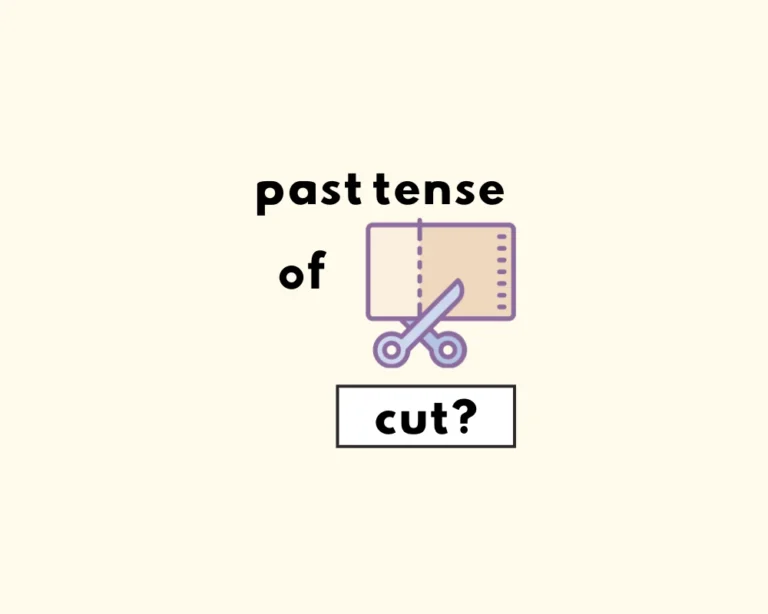
Is it Cutted or Cut: Which is the Correct Past Tense of Cut?
Cut is an irregular verb that has one form for the present, past and past participle. Cutting is the present participle, and cuts is the
Explore the breadths and depths of Grammarflex’s knowledge base, containing resources and comprehensive guides on pretty much everything you could want to know related to English grammar and writing.
Learn all about the main parts of speech, which (in case you forgot) comprises of verbs, nouns, adjectives, pronouns, adverbs, conjunctions, prepositions and interjections. Beyond the fundamentals of English grammar, you’ll find guide on writing mechanics and style, literary devices amd more.


Cut is an irregular verb that has one form for the present, past and past participle. Cutting is the present participle, and cuts is the
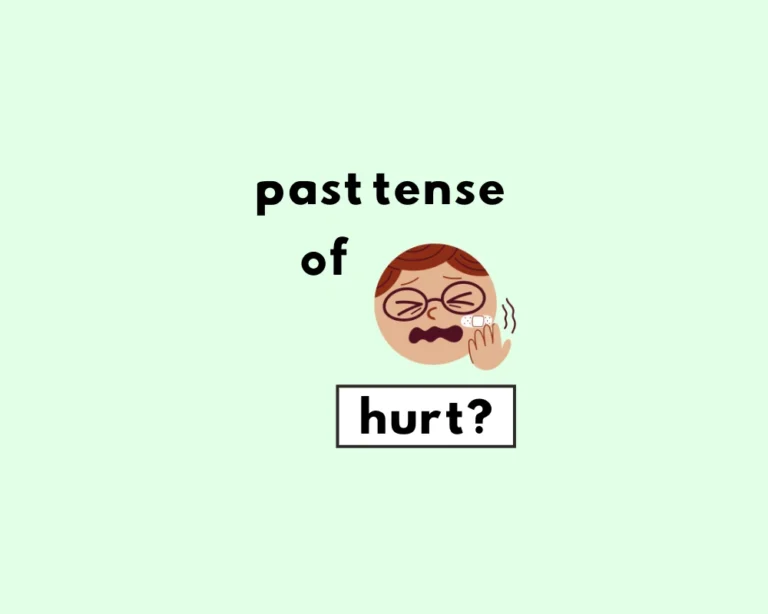
Hurt is the same in the present, past and past participle form of the verb. It’s an irregular verb with one verb form.

For the safe bet, stick to bet. Bet uses one form for the most part, and is just bet. Betted is a nonstandard past form
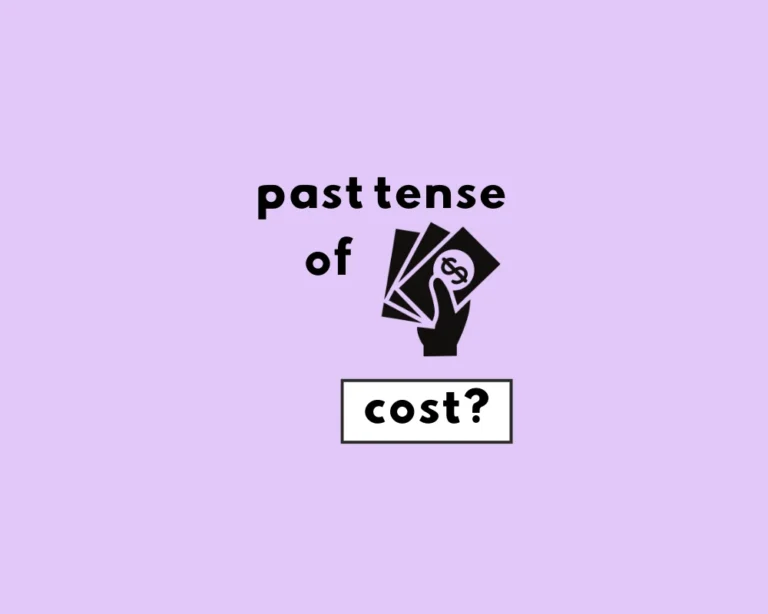
Cost only has one form, which is cost. Cost is a single-form verb that stays the same no matter the tense.
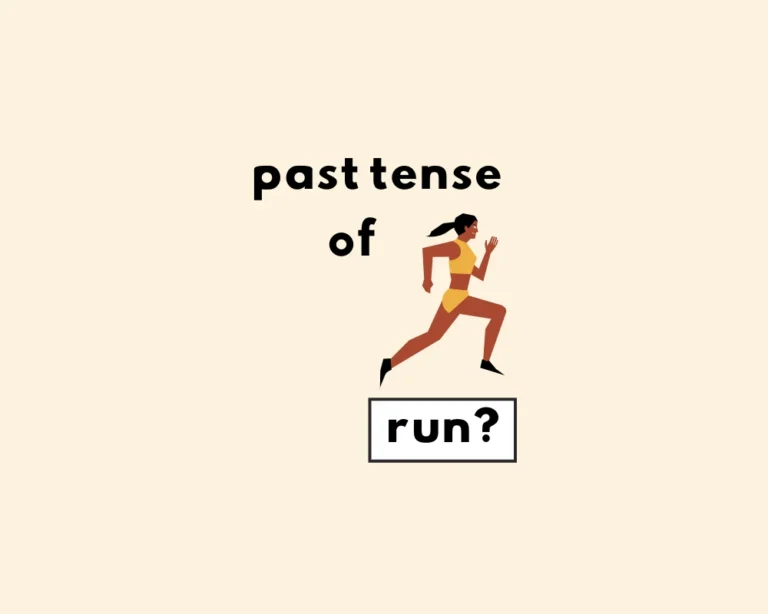
To run is the simple present tense. Ran is the simple past tense form of run, and run is also the past participle form of
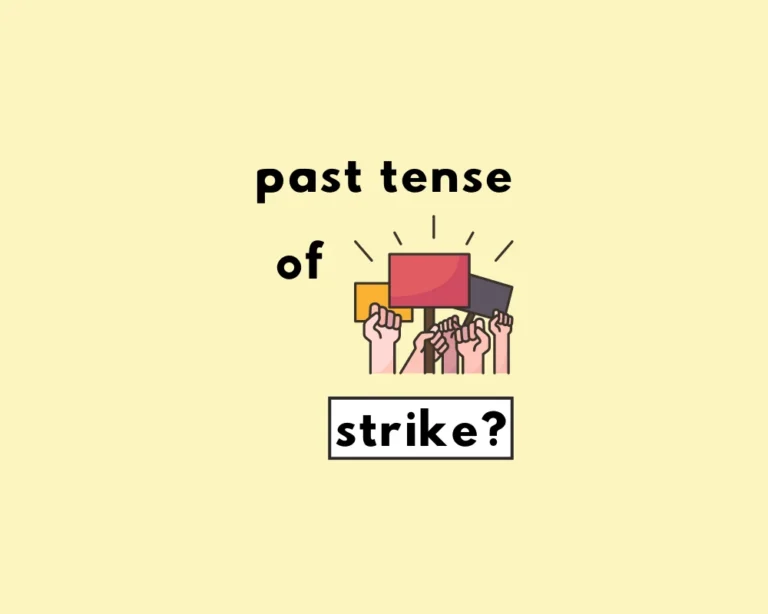
The past tense and participle of strike is struck. The adjectival past participle is stricken, as in, a grief-stricken widow.
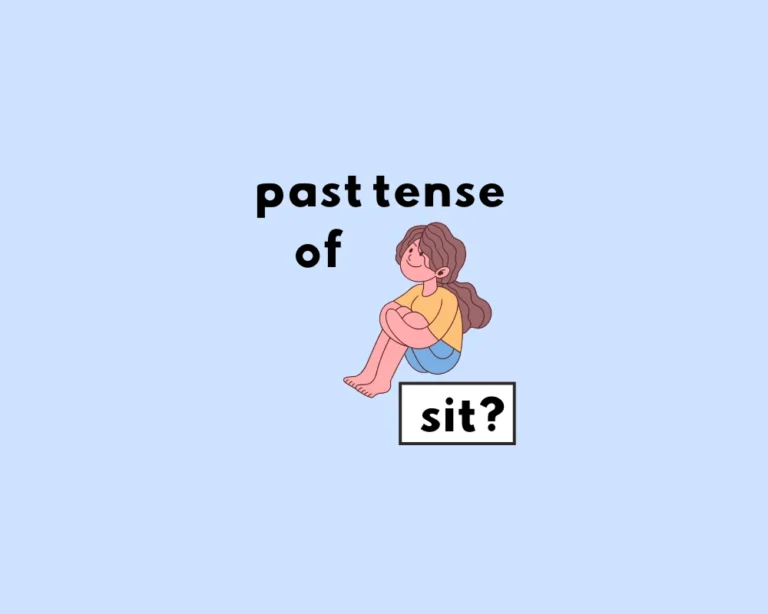
Both the past tense and past participle form of sit are sat. Sit is in the present tense, and sitting is the present participle.
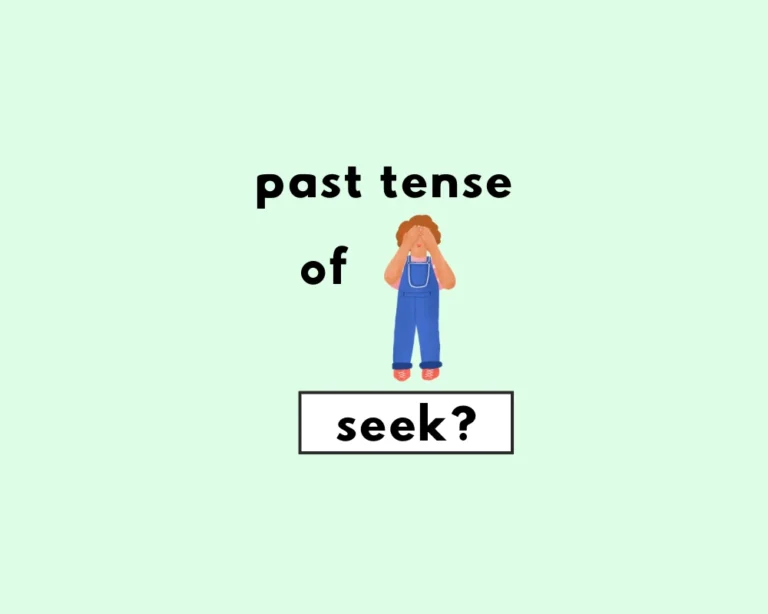
The verb seek only has one past tense form, sought. Sought is both the past tense and past participle of seek (present tense).

Idioms are phrases particular to a language, where taken as a whole it means something different from the words in isolation.